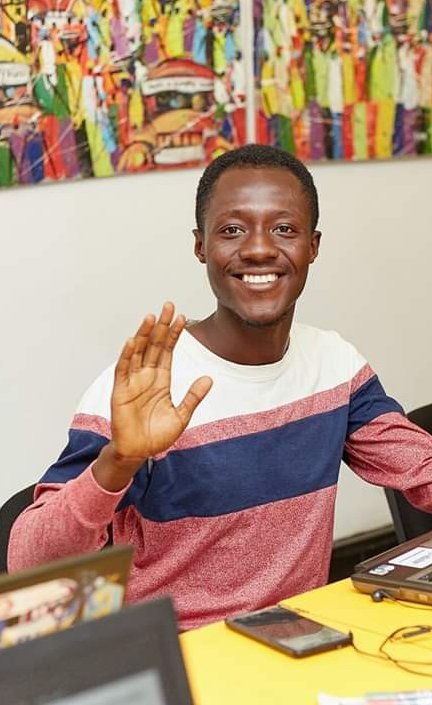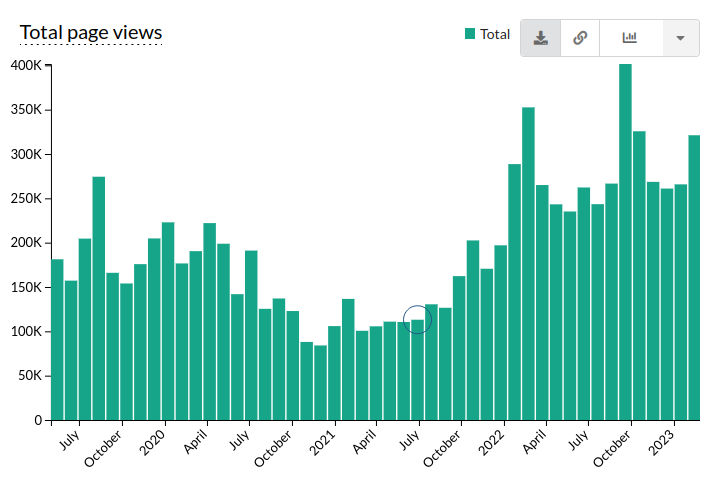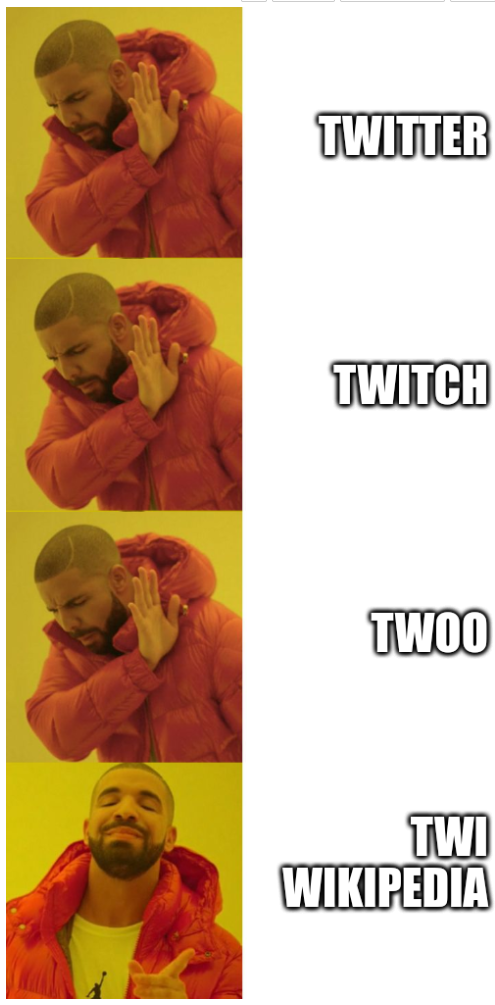The closure of a Wikipedia sounds like an unfortunate and negative thing, but sometimes it’s positive. The Akan Wikipedia has just been closed, and people who speak languages related to it are celebrating it. How did it happen?
In the mid-2000s, two Wikipedias were created: in Akan (ak) and in Twi (tw). I don’t know these languages, but to the best of my understanding, creating them in this manner was a mistake: Akan is a language family, and Twi is one of the languages in that family. Another notable language in the same family is Fante. They are mostly spoken in Ghana by around 20 million people; it’s hard to count more precisely for various social reasons, but in any case, that’s a lot of people.
When they were created, the people who did the technical work of creating the domains didn’t notice that “Akan” is not quite a language. There was no Language committee back then to check such matters. Some things about the quick, anarchical management of Wikipedia and stuff around it back at that time were fun and proved to be useful, but some ended up being wrong, confusing, and hard to fix.
For years, people from Ghana have been perplexed about this and asked me for assistance on clearing this situation up. Should they contribute to “Akan” or to “Twi”? And if they want to write in the Fante language, which is related, but distinct, where should they do it? Being one of the “language geeks” of the Wikimedia movement, I have been asked this repeatedly by many people: on talk pages, in e-mails and Telegram messages, in real life at Wikimania conferences.
And all the while, the amount of content in both Wikipedias was tiny and growing very slowly. In 2020, there were fewer than one thousand articles in each of them. This is really tragic, given the huge number of people who speak these languages (especially Twi). It was clear to me that the confusion about the two domains is one of the reasons for the low activity; certainly not the only reason, but definitely one of them. I tried to find people who know the language well and who can help me resolve this problem, but every time it didn’t work out; I guess people have different priorities.

It finally started changing in 2021, when I met Robert Jamal online. Initially, he was interested in making some advanced contributions to the English Wikipedia. I helped him do that, but after speaking to him a bit, I realized he knows Twi well, and asked whether he’ll be interested in contributing in that language, too. And he was! We first focused on completing the localization of the basic user interface into Twi on translatewiki.net and cleaning up the existing pages in the Twi Wikipedia. Robert also started attracting new editors, teaching them to edit, and organizing events. He also obtained the administrator rights on the Twi Wikipedia.
Then in 2022, we started dealing with the elephant in the room: the confusing Akan Wikipedia. He confirmed that all the content there is written in essentially the same language as Twi. I used my global administrator rights to delete dozens of pages that were obviously nonsensical or too short to be useful, and Robert wrote a proposal for closing that domain: gracefully copy all the remaining useful content from the Akan Wikipedia to the Twi Wikipedia and then lock it for further editing.
Other people who know Akan languages expressed their opinion about that proposal, and there was clear consensus to implement it. At last, in April 2023 it was done: Akan is now locked, and a notice at the top of the still-active domain points people to the Twi Wikipedia and the Fante Incubator, which Robert helped start. The Fante Incubator is growing rapidly, and may be approved soon to become a full-fledged edition of Wikipedia.
Soon after the closing was performed, the people in the Ghanaian Wikipedians Telegram group expressed a lot of happiness about it. 2020 Wikipedian of the year Sandister Tei wrote:
Having an Akan Wikipedia made no sense, and it blocked or confused contributors/readers who were (or would be in the future) trying to engage with the other dialects like Twi, Fante, Nzema and Bono under Akan. It had been a pain point for us for years. It was problematic for collaborators of the sum of all human knowledge to get this knowledge wrong… This resolution is good progress worth sharing with all who worried about the problem at a point.
In the meantime, the Twi Wikipedia, thanks to the efforts of Robert and other contributors, has grown from about 600 articles in 2021 to more than 2700 in April 2023. The number of its readers has grown as well, from an average of 130,000 monthly visitors in 2021 to 280,000 in 2022.

There are more languages that are spoken by millions of people, but in which there is a dormant, inactive Wikipedia, or no Wikipedia at all. Robert’s example shows that with a bit of effort and love for one’s language, the same transformation and growth can happen in all of them.
